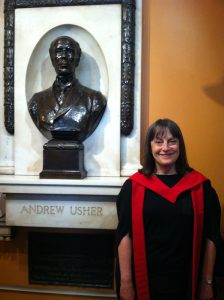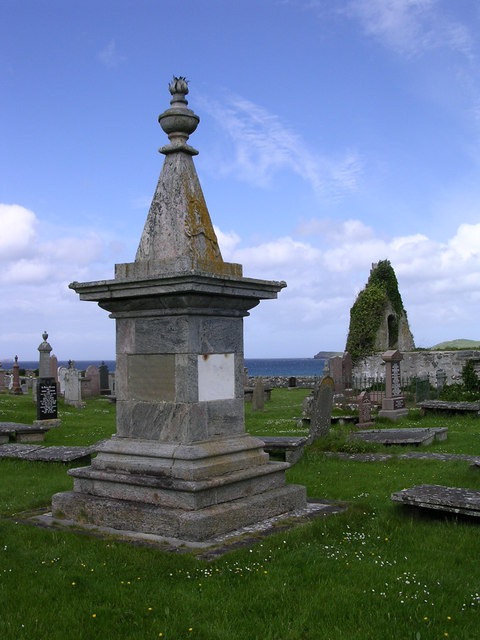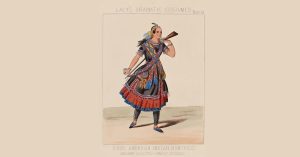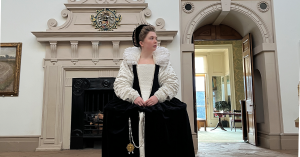
The benefit of studying Gaelic poetry in conjunction with conventional documentary sources to obtain a fuller understanding of the past is illustrated in Ellen L. Beard’s article in Northern Scotland, Volume 8.1. She presents newly-compiled information and perspectives on two important themes in eighteenth-century Scottish Highland history: formal education; and the cattle trade.

Satire in Scottish Gaelic Verse
Satire is found in every period of Scottish Gaelic verse, including sixteenth-century poems satirizing incompetent poets, singers, musicians and the bagpipe. Gaelic satire was a powerful means of persuasion and social control, a weapon in the arsenal of the traditional bard that could be wielded to achieve either personal or communitarian ends. Although rooted in ancient Irish tradition, it retained much of its power in eighteenth-century Gaelic Scotland, where Sutherland bard Rob Donn MacKay was arguably its most accomplished but by no means its sole practitioner.
The legacy of Rob Donn MacKay
Rob Donn was born in Allt-na-Caillich, Strathmore, near Loch Hope, and died in Durness in 1778. The son of a small tenant farmer, he had little opportunity for formal education and composed all his poems orally in MacKay Country Gaelic, a distinctive and now rapidly disappearing dialect. He left over 220 published poems, far more than any other contemporary Gaelic poet. During his lifetime he was equally esteemed for well-crafted satires and well-chosen (or newly-composed) musical settings. This extensive corpus remains underutilized by scholars; despite its value as folk song, oral poetry, and social history, much of it has not previously been translated, published with music, correlated with contemporaneous records, or read in light of modern historiography on the period.
Rob Donn was a bard, not a social or economic theorist. He could not read the philosophers of the Scottish Enlightenment, so his intellectual and moral frame of reference was necessarily limited to the Christianity he heard expounded in religious settings, the Gaelic oral tradition, his own personal experience, and ideas transmitted orally by his literate and bilingual acquaintances. Yet he was a penetrating social observer in his own community and occasionally demonstrated a sophisticated understanding of broader political developments, as in his poem ‘The Black Cassocks’ on the aftermath of Culloden.
His central value to the social historian is to supplement the records of government, church and landed estates with the voice of the people their policies affected. For Gaelic culture, Rob Donn’s legacy is a peerless collection of music and poetry that opens a window to a lost world.
Ellen L. Beard is a retired American labor lawyer who earned a PhD in Celtic at the University of Edinburgh in 2016.

She also happens to be a descendant of the 18th-century Sutherland Gaelic bard Rob Donn MacKay, a fact of minimal relevance to her life until she moved to Scotland at age 55 to begin the full-time study of Scottish Gaelic and traditional music, first at Sabhal Mòr Ostaig and then at Edinburgh. Her principal hobby is singing, although her training (classical) and her blàs (American) are not ideal for the Mòd.
Read Ellen L. Beard’s article, Satire and Social Change: The Bard, the Schoolmaster and the Drover in Volume 8 (2017) of Northern Scotland





